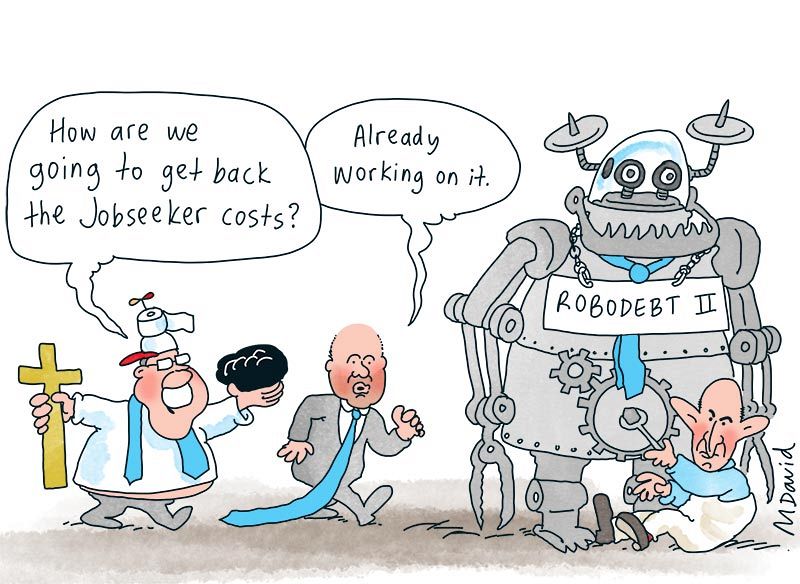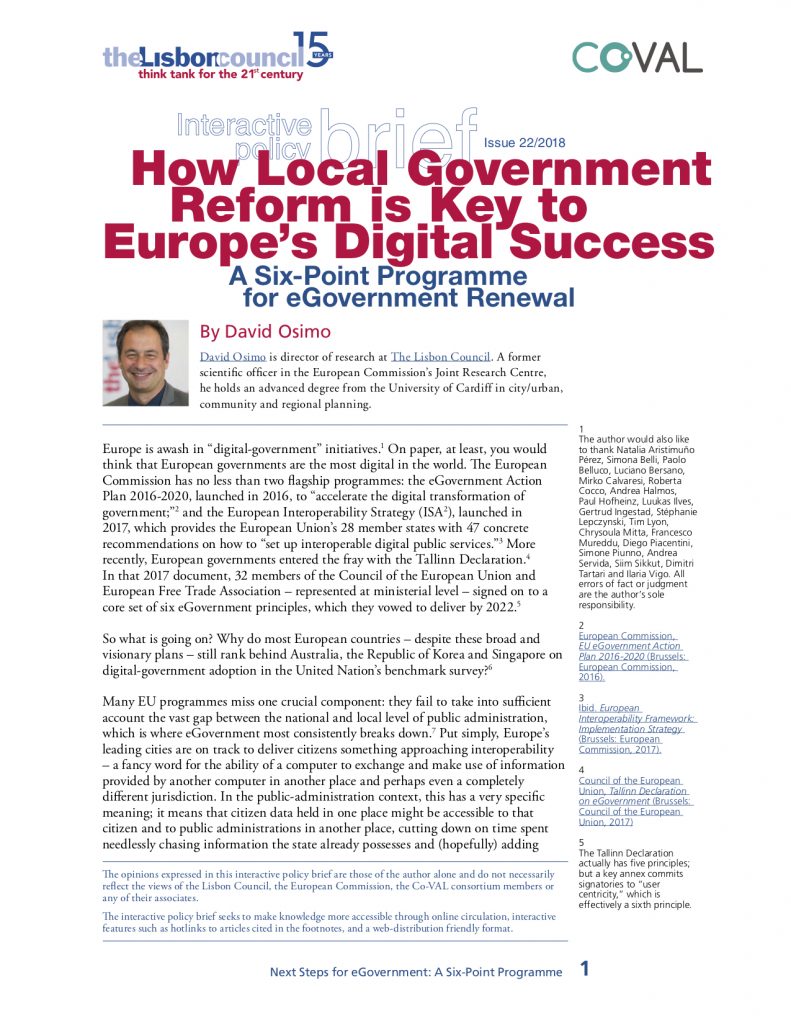
Robodebt: The Dark Legacy of Bureaucratic Abuse
In a shocking revelation, Bill Shorten has called out the unjust treatment of Australians affected by the notorious Robodebt scheme, labeling it as the largest stain on public administration in Australia’s history. With over 430,000 individuals wrongfully subjected to unlawful debt notices, the ramifications of this bureaucratic nightmare resonate deeply with those impacted. Shorten argues, “We can never fully undo the harm, but we can at least promise those who went through it and everyone else — never again.”
 An overview of the bureaucratic failures behind the Robodebt scheme.
An overview of the bureaucratic failures behind the Robodebt scheme.
Acknowledging the Suffering
Following an independent review by the Australian Public Service Commission (APSC), former Department Secretary Kathryn Campbell, one of the very figures at the helm of this scandal, has emerged claiming she was scapegoated. The APSC’s findings concluded that 12 public servants had breached conduct codes on 97 separate occasions in relation to Robodebt. However, Shorten makes a vehement distinction: the real scapegoats are the 430,000 Australians who became victims of an unlawful scheme designed to recover budget shortfalls through harassment and shame.
Despite Campbell’s remarks on being unfairly blamed, Shorten insists the focus should remain on the systemic failures that allowed Robodebt to thrive. “There is a significant difference between a scapegoat and those who led the charge on these unlawful actions. The lives adversely affected by Robodebt require our attention now more than ever.”
Understanding the Breach
The Robodebt debacle, a controversial method of debt recovery, led to distressing outcomes for citizens simply exercising their right to engage with the social safety net. With Shorten emphasizing that these debts did not exist and merely served to disparage welfare recipients, it raises essential questions about the ethics of governance and public accountability. Campbell’s claim that she has borne the brunt of public ire clouds a more extensive issue of bureaucratic negligence and the misuse of power.
Recent internal reviews underscore the magnitude of oversight failures, with almost 20,000 internal and over 4,300 external assessments conducted during the lifespan of the Robodebt system. This overwhelming number highlights not just a fault in singular leadership, but a pervasive culture within which these abuses occurred.
 The findings of the APSC paint a troubling picture of institutional wrongdoing.
The findings of the APSC paint a troubling picture of institutional wrongdoing.
Continual Efforts for Reform
The aftermath of this scandal has sparked discussions about comprehensive reforms within the Australian Public Service. Shorten noted the Albanese Government’s focus on implementing robust changes to ensure no repeat of such a harrowing episode occurs. He pointed out ongoing enhancements aimed at bolstering the oversight of government agencies, with additional funding set aside for the Commonwealth Ombudsman and the reinstatement of the Administrative Review Council.
“The shameful nature of this chapter hasn’t been closed; it’s furthermore evident that reforms are necessary now to instill hope with tangible actions for those wronged by this scandal.”
Promises for the Future
While not all wounds can be healed, Shorten advocates for the strength of commitment to these reforms as a pathway to redemption for the government and the public service. The message is clear: the government needs to demonstrate accountability and honor its commitments to rectifying past injustices. He assures that significant actions will materialize to shield future Australians from suffering akin to what was endured during this episode.
The growing consensus among advocates and politicians alike emphasizes that a promise of ’never again’ requires more than just rhetoric — it demands actionable change and forthright acknowledgments of past wrongdoings.
 New reforms aim to protect citizens from future bureaucratic failures.
New reforms aim to protect citizens from future bureaucratic failures.
Conclusion: A Call to Action
Moving forward, it is paramount that the Australian government engages in transparent discussions about accountability. The haunting legacy of Robodebt serves as a vital reminder of the devastating consequences when power is misused. As Shorten articulates the importance of a transparent and thoughtful approach to governance, it underscores the necessity for a vigilant populace to ensure that such governmental overreach is not repeated.
The future demands not just a promise but a resolute weaving of ethics into the fabric of public service, ensuring every Australian stands unscathed by not merely hollow acknowledgments, but genuine reform and attention to past failures.













